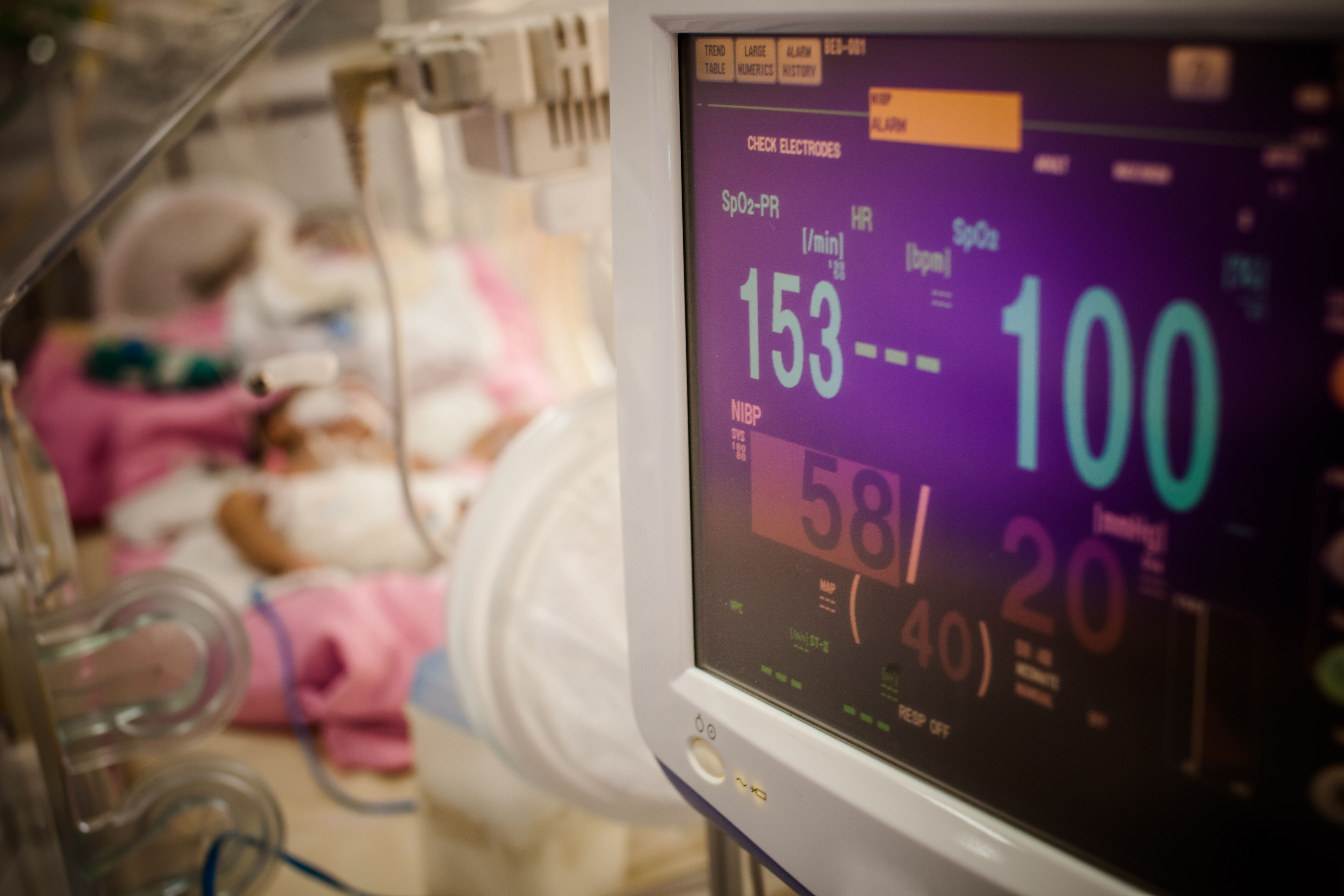
(Vienna, 31/01/2018) A recent study conducted at the Department of Orthopedics and Trauma Surgery at MedUni Vienna/General Hospital Vienna (AKH) shows that the soluble form of the protein ST2 increases in polytraumatized patients. The higher level of serum is associated with mortality and the occurrence of respiratory failure. Therefore, ST2 is suitable as a prognostic and diagnostic biomarker for severely injured patients.
Patients with severe and multiple injuries (polytrauma) often develop organ failure. Limited pulmonary function, including ARDS (acute respiratory distress syndrome) is one of the leading causes of death in these patients.
There is still little understanding regarding how respiratory failure occurs after polytrauma. Researchers have now discovered that the soluble form of the protein ST2 (suppression of tumorigenicity, sST2) increases in polytraumatized patients. The higher level of serum is associated with mortality and the development of respiratory failure. Interestingly, the presence of direct pulmonary trauma has no effect on the serum levels of sST2 in these patients.
The findings of this study expand the understanding of pathophysiological events after polytrauma. The results indicate that sST2 could play a role as a prognostic and diagnostic biomarker for severely injured patients.
Service: Clinical Chemistry and Laboratory Medicine
Increased serum concentrations of soluble ST2 are associated with pulmonary complications and mortality in polytraumatized patients – Thomas Haider, Elisabeth Simader, Philipp Hacker, Hendrik J. Ankersmit, Thomas Heinz, Stefan Hajdu and Lukas L. Negrin, https://doi.org/10.1515/cclm-2017-0762